Ironaically enough, you just take either the horizontal or the vertical distance (whatever is longer) instead of calculating. I hate that rule and never use it, but that's what RAW says.
jounniy
Partially. I think its fine to have that kind of thing. But not all the time. Bandits who are actually good people will avoid murder if possible. And while bad people can also have loved ones, that does not invalidate self defense.
Just as you said: Self defense is not murder-hoboing. If we are talking murder-hoboing then we should apply that list to city guards and commoners, who are not meant to be fought.
I get you wanted to do it for fun, but you sound like a horrible player to have at the table. There is a social contract involved in playing DnD and while disagreements between party members are all fine, your character was basically hindering the other characters at every step (at least from what you described).
While it has nothing to do with the first point: I also reject your interpretation of alignment. It's (at least from how I see it) not that you choose an alignment and then build a character around it, but that you build a character and then classify them with the alignment that fits their actions best. I know that some classes require certain alignments but even then there are a multitude of different ways to go about that alignment.
Oh. I see. I thought the washing had something to do with her being a beholder.
I think it would depend on the table. I for one know I would not like it.
I think a don't get it.
I think it is - in fact - the exact opposite of it. It's gaslighting and player vs. DM mentality. If I was a player, I would have a serious word with the DM afterwards and when I am the DM, I refrain from such actions altogether.
You are aware that most of DnDs mechanics are focused on simulating fights? If you do not like that, you are maybe playing the wrong system. Beyond that, how are you totally useless in combat? All classes get combat-abilities in one way or another and are designed to be at least moderately useful.
I agree. I normally don't do it, but I still like to know when I'm about to get hit with some of that stuff. There are... some bad memories attached to it.
I think you answered your rethorical question yourself: If it is not in the official books, it is not an official rule.
And I would not say that they leave it vague. To quote the PHB: "To make an ability check, roll a d20 and add the relevant ability modifier. As with other d20 rolls, apply bonuses and penalties, and compare the total to the De. If the total equals or exceeds the DC, the ability check is a success [...]. Otherwise, it's a failure, which means the character or monster makes no progress toward the objective[...]." That does not leave much room for interpretation. It plainly say that if the exceed, then they succeed and if they don't, than they fail. Yes they don't make an explicit remark about critical results, but they don't need to, because such a rule was never meant to exist in 5e aside attack rolls and death saves.
Not to say that you can't make it a rule at your table (same as with everything else), but there is still not much room for missunderstanding the official print.
Yes he is and no it does (edit: has) not. That is a common house rule Larian implemented into BG3, but it is not part of the original rules of DnD 5e.

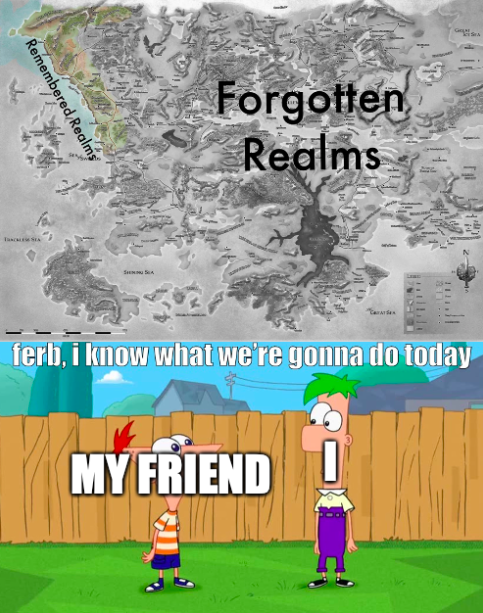
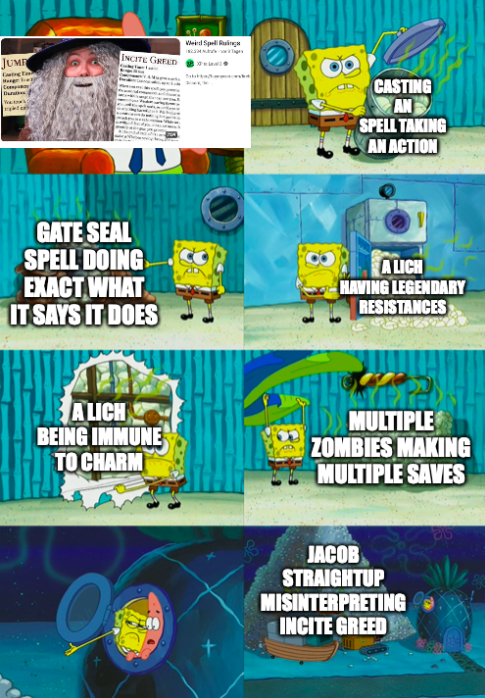
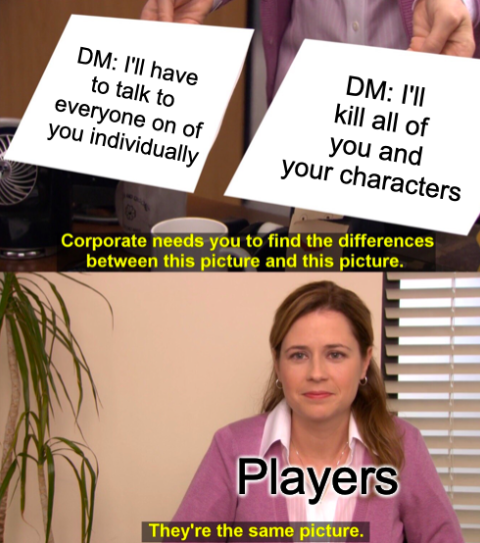

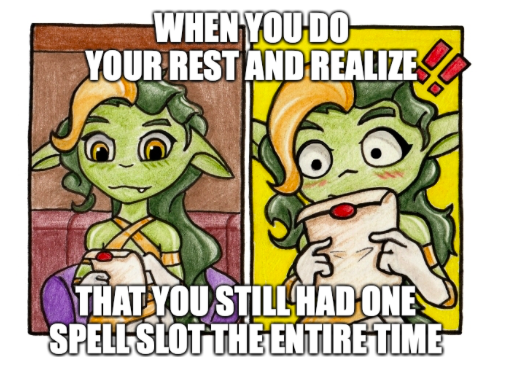


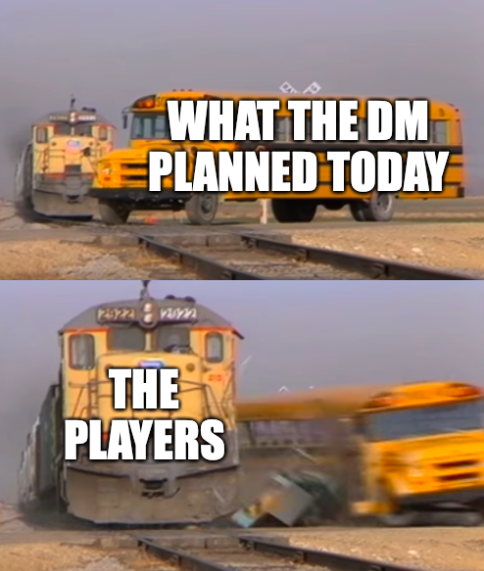
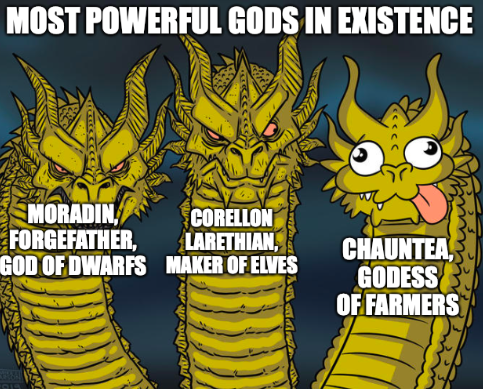
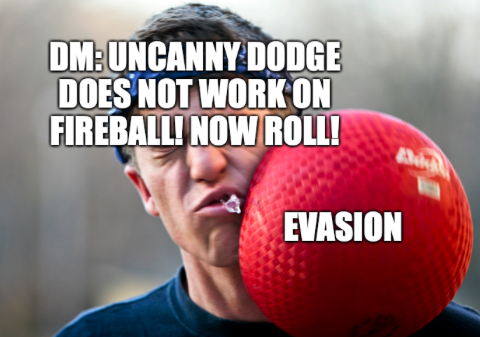
Ouch.